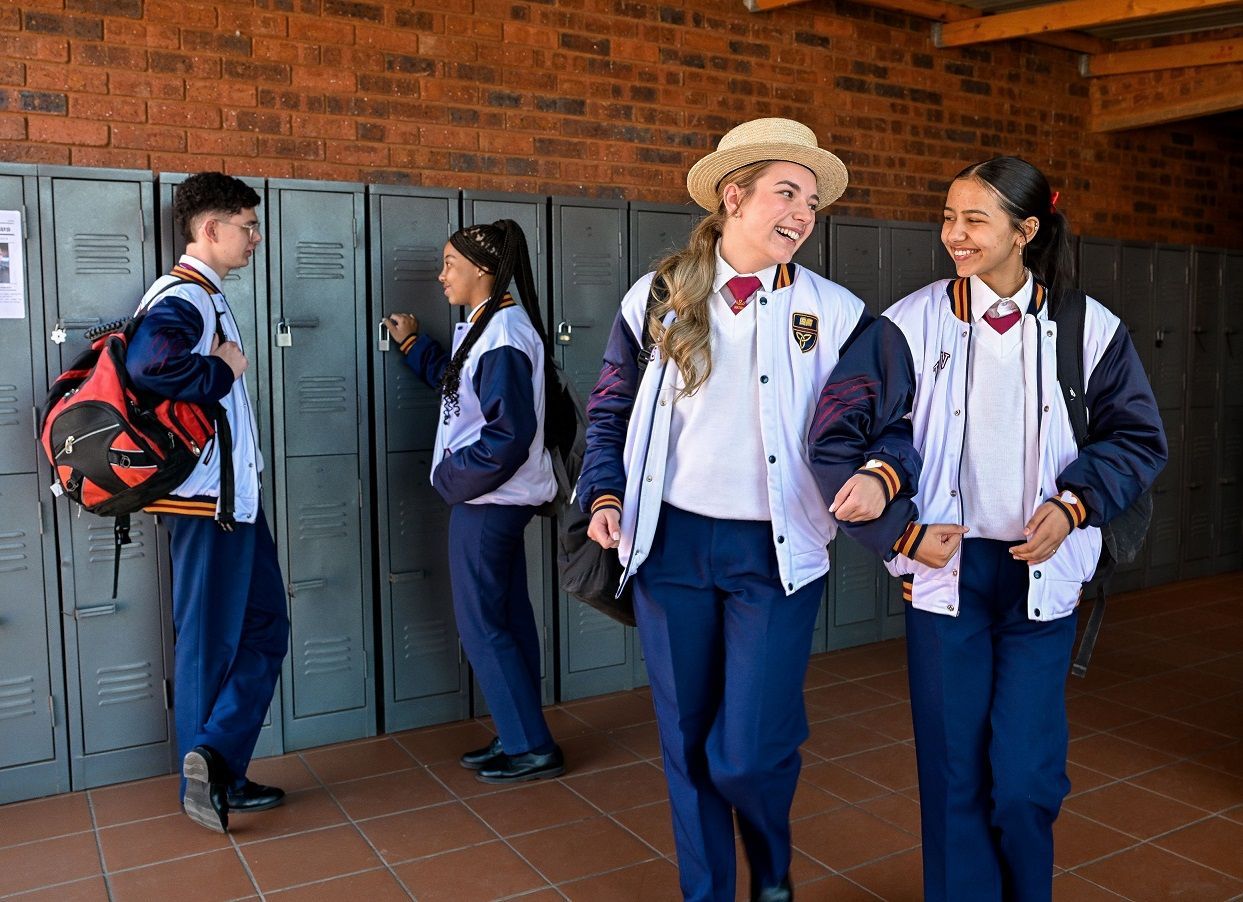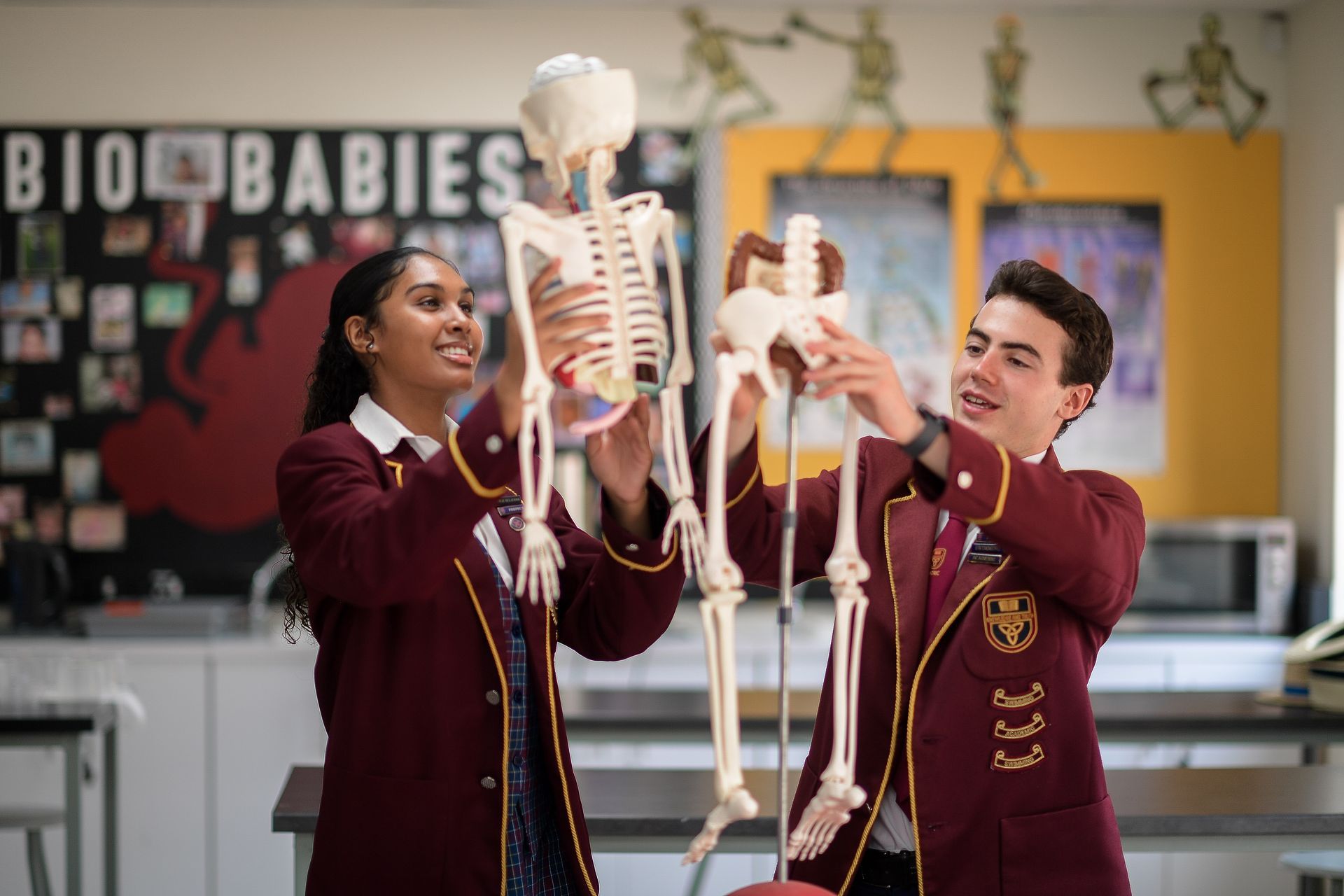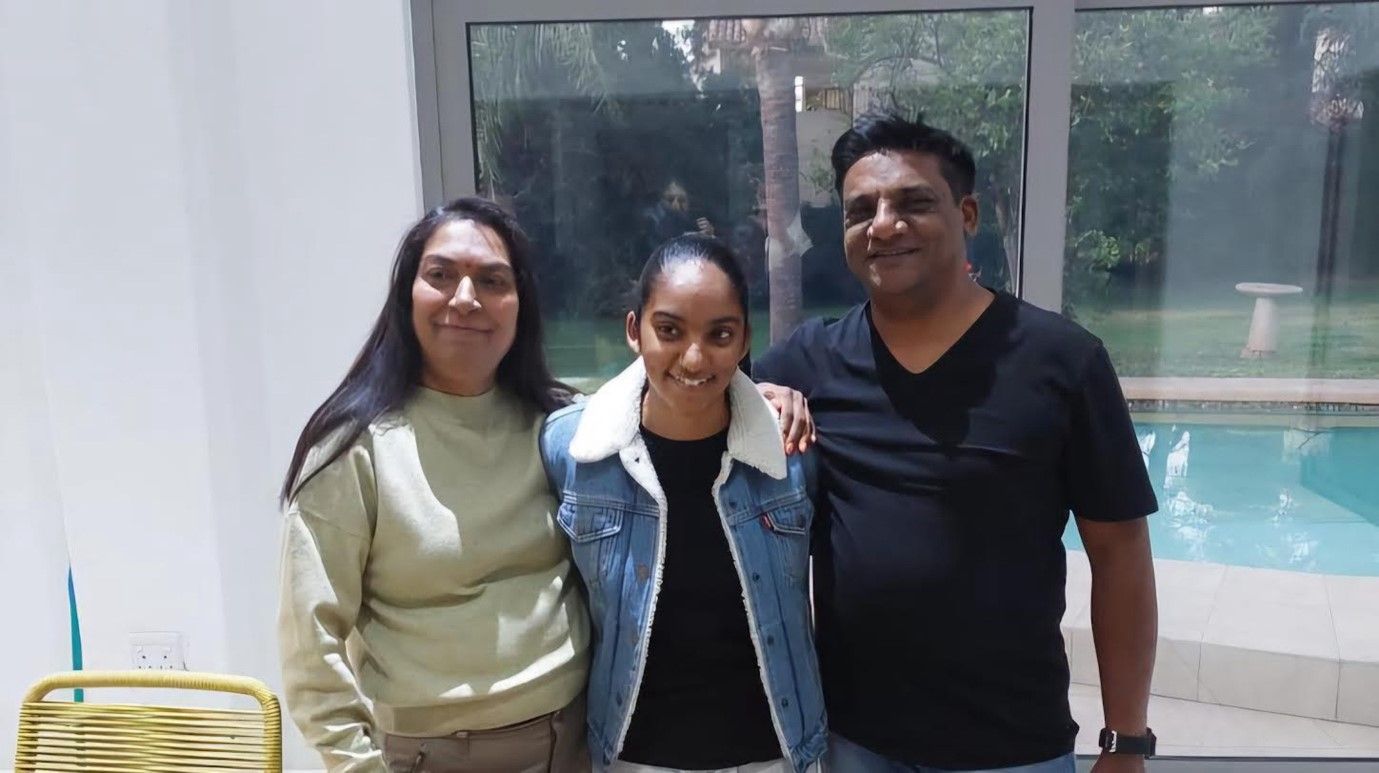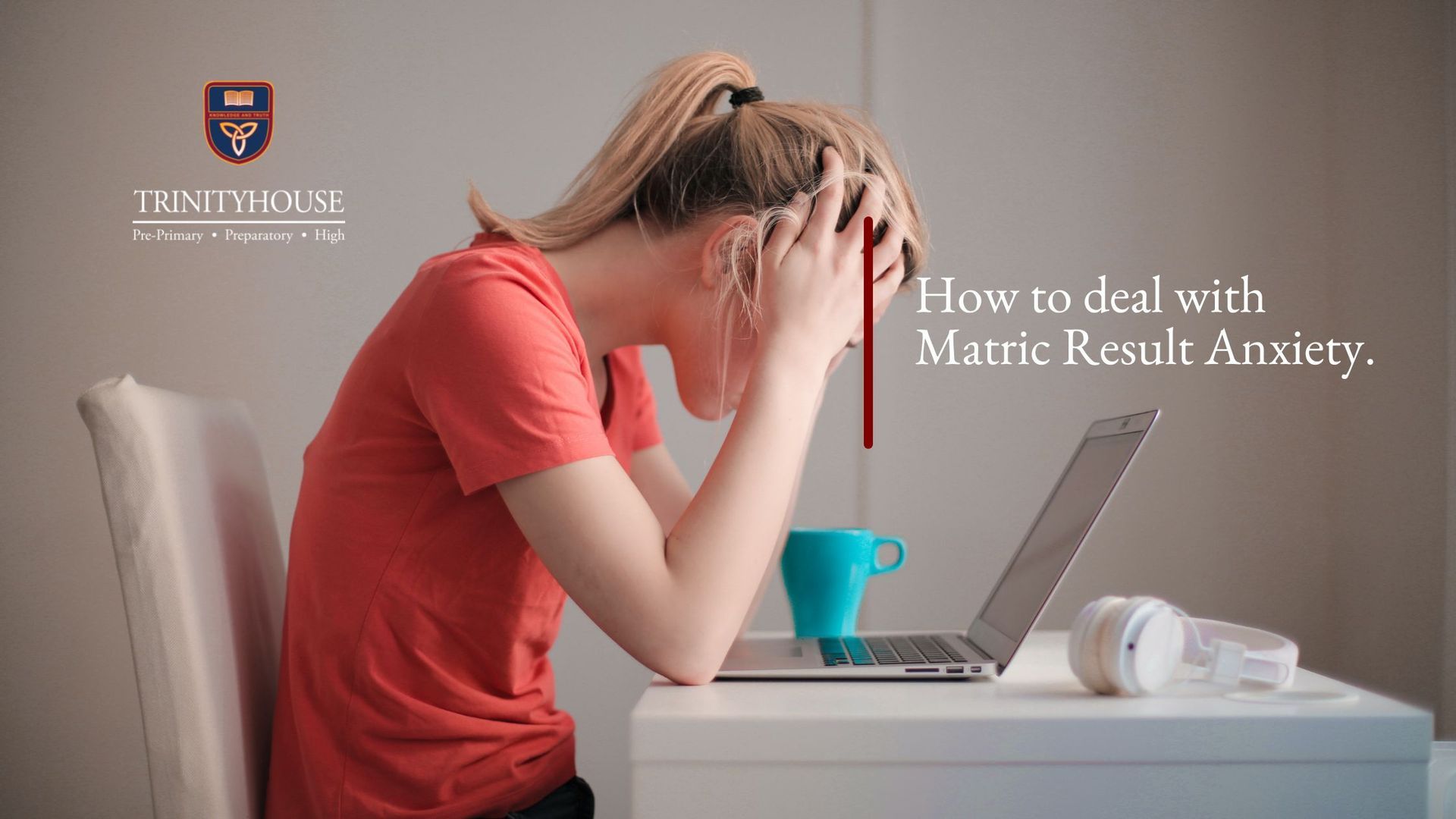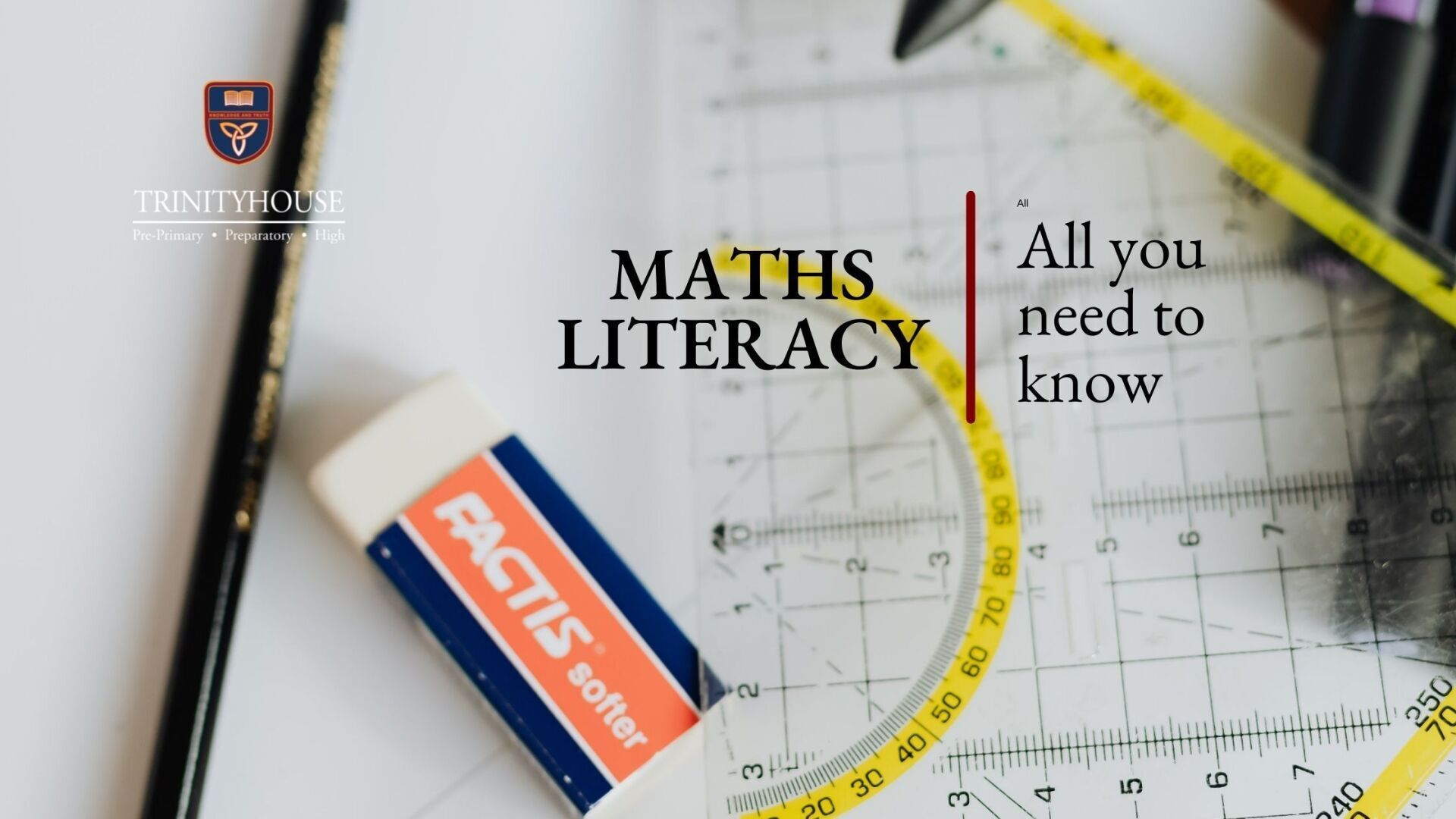Protecting Kids From A Hard World: How Much Truth Is Enough?
White lies wrestle with brutal truths as parents try to protect children from the truth and harm whilst navigating the limits of honesty.
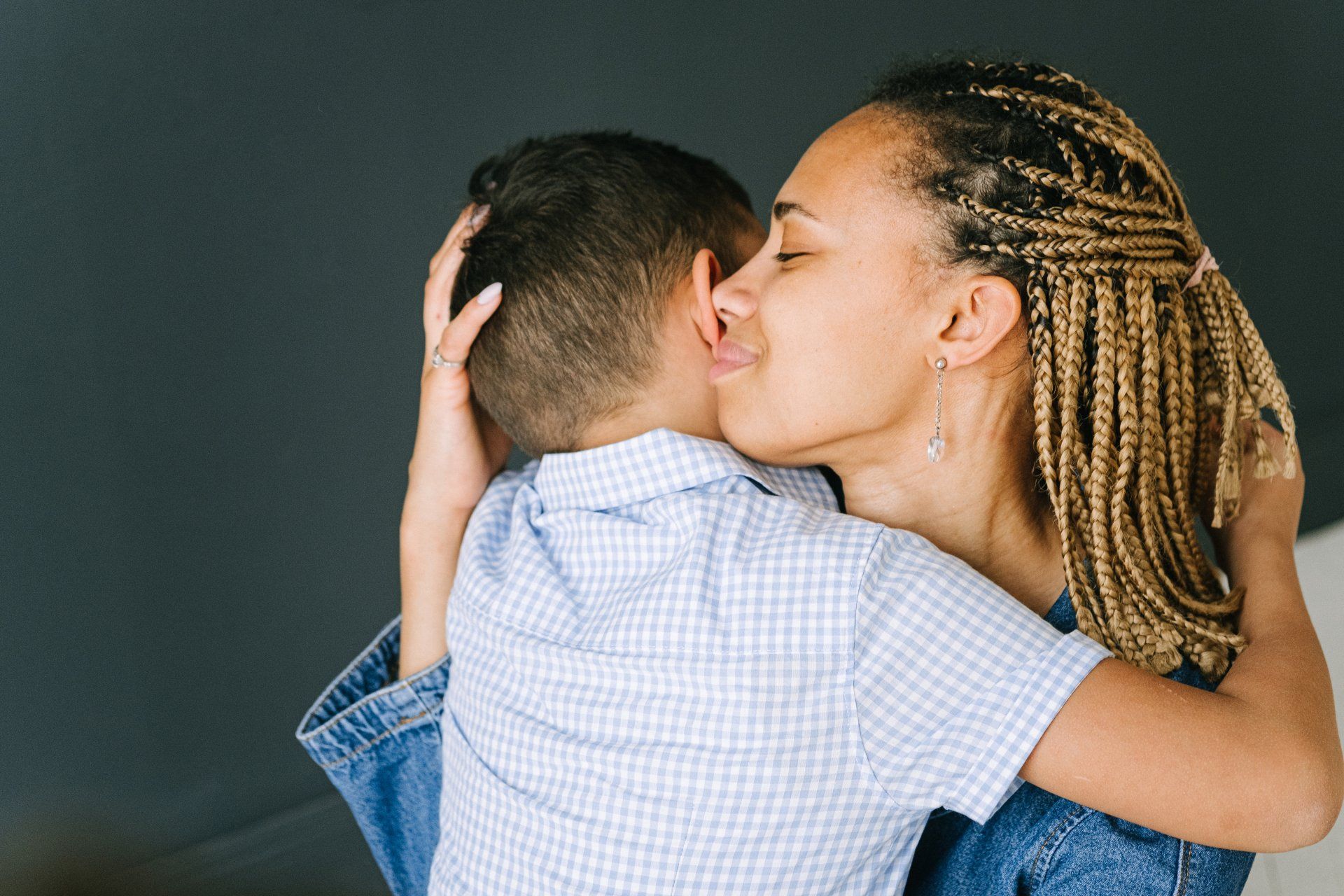
Childhood is manufactured as a time of innocence and purity. For many lucky children, their early years are filled with unconditional love as well as food, shelter and education.
However, we don’t live in vacuums, and one day, probably sooner than you’d like, your child will bump up against hard facts. Nothing sweeps the mist from a soft-focus view of childhood faster than your eight-year-old asking: “Mom, what’s an alcoholic?”, “Why doesn’t Santa Claus bring the homeless man a house for Christmas?” or “Where did Sipho’s Daddy go?”
Ideal, meet real
It’s entirely normal to want to save children from negative emotions, especially if your child is anxious or sensitive. But the brutal truth is, you can’t, certainly not forever.
Every person’s journey towards becoming a well-rounded and emotionally intelligent adult involves positive reinforcement of the belief that the world is a fundamentally good and kind place. However, there are disillusioning experiences that demonstrate that sometimes, it’s not. How to balance building trust by being honest with young children, while wanting to preserve some of the magic of childhood, is something many parents struggle with.
It's a balance
The tooth fairy, Easter bunny and Father Christmas are all “lies”, but so are fairies and invisible friends, things children believe in all by themselves without adult intervention. In fact, research shows children in the preoperational stage of development have a magical world view, which they will eventually surrender without trauma in a child-friendly way by themselves, too. The famous psychologist Jean Piaget thought that children developed magical thinking during the period aged 2-7 and relinquished it by about age 10.
(Do you still avoid stepping on cracks even though you rationally know it can do no harm? There’s your remnant of childhood magical thinking. Treasure it.)
Seen this way, the tooth fairy isn’t a lie. It’s a caring parent’s attempt to meet a child in their developmental stage and share their reality.
Is Santa real?
“He is, but not in the way you think, and now that you’re grown up enough, I can tell you.
Santa is a children’s word for the love we feel when we wrap gifts and the excitement in children’s eyes when they open them. To me, that’s magic. Now that you know the truth, you graduate and can become one of Santa’s helpers. That’s what I believe, anyway.”
The big stuff
If you have the luxury of debating what truths to expose your child to and from what to shelter them, you are in a better position than a mother who does not have food to feed her child tonight. But in South Africa, with our world-beating levels of inequality, evidence of need is on every street corner. The world is not perfect, and your children know it.
Rather than deny or abstractify the problem you may prefer to be the change you want to see.
Let your child see you giving donations or volunteering, or engaging in political life and civic action such as voting or marching. This avoids a head-in-the-sand approach and substitutes it with the idea that humanity has the agency to improve our own condition. You can counterbalance evidence of our failures with examples of global progress.
For example, reducing global poverty and child labour and improvements in women’s rights and basic education levels since the Industrial Revolution (or other examples that resonate with you).
The fact that child abuse is endemic, however, means parents cannot afford not to talk about this ugly truth with their children.
Without creating panic, your children need to understand how they can keep safer. You can choose the path of partial truth here. In child-friendly ways, practice role-playing getting out of dangerous situations. For example:
“Show me how loudly you can scream if somebody tries to take you away” or “If you’re lost in a shop, look for a lady with children and ask her to help.”
Plan what you would do as a family in a hijacking or home invasion without coming off as a paranoid survivalist. Consider empowering yourself first via a hijacking or armed robbery survival course (hijack.co.za offers one). Modelling strength and agency is more reassuring to children than glib promises of safety or false denials of danger.
Take a more measured approach if you are facing challenges in your personal life, such as battling a mental health condition, spousal abuse, divorce or other trauma. Acknowledging that you have big stuff going on is always better for your child than denial. This can lead a young person to doubt themselves, and is even worse for them. Seek professional help such as a family therapist for you and your child if you can.
The good news is that you don’t have to be a perfect parent all the time.
So, forgive yourself for times when you cannot shield your child from hardship. The fact that you are reading this means you care. Not all parents do. And that’s the most important part of all.
